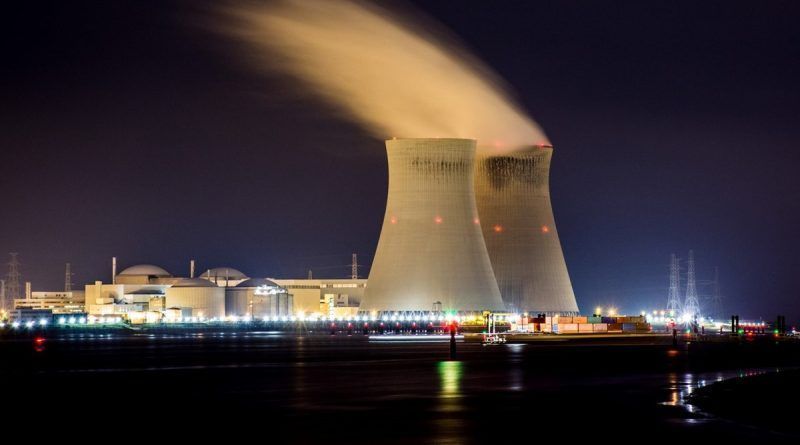What would happen if the power was cut off at a nuclear power plant?
What would happen if the power was cut off at a nuclear power plant?
Thousands of power plants are in operation all over the world to provide people with electricity. They come in all shapes and sizes: some generate energy from water, others convert sun and wind power into electricity, and so on. But the most efficient are considered nuclear power plants, which do not harm the nature by emissions of greenhouse gases. But there is one disadvantage – each nuclear power plant stores a huge amount of spent nuclear fuel, which must be isolated from the environment as much as possible. To prevent radioactive substances from harming nature, people and animals, coolers, ventilation and other sophisticated equipment are used, which also needs some energy. If a nuclear power plant is de-energized, many problems can arise.
How do nuclear power plants work?
Many people think that the work of a nuclear power plant is a complex process that is difficult to describe in a few words. But, if you try, to describe the principle of the nuclear power plant is very simple. The main task of such facilities is to convert thermal energy into electrical energy. In fact, nuclear plants to provide people with light work the same way as their thermal counterparts. The only difference is that for heating water, the energy obtained by the decay of uranium nuclei is used.
What is spent nuclear fuel?
From time to time, fuel that is no longer capable of maintaining a chain reaction is removed from the cores of nuclear power plants. Unlike fresh fuel, spent fuel is highly radioactive because it has large amounts of fission products. In open air it self-heats to high temperatures, which is its main danger. After it is removed from the core, the fuel, unable to sustain a chain reaction, is sent to storage pools where it stays from 2 to 5 years. It depends on how long it takes to get rid of the residual energy release. As soon as this process is over, the power plant workers send the fuel for storage, recycling or disposal.
Consequences of de-energizing a nuclear power plant
To prevent spent nuclear fuel from heating up, cooling systems are used. They need power, so when the fuel is de-energized, it begins to overheat. This is fraught with evaporation, allowing radioactive substances to enter the environment. And regular readers of our website are probably well aware of the dangers of radiation exposure. Exposure to radioactive substances disrupts metabolism, increases the risk of infectious complications and the development of cancer.
But heating the nuclear fuel and vaporizing it is only half the trouble. If there is no electricity, the ventilation system at the nuclear power plant stops working. Because of this, all personnel inside can receive the most dangerous dose of radiation. The firefighting system also needs electricity. If a fire breaks out in a facility, people will not know about it immediately, making it much less likely to be extinguished quickly. All of these factors combined can cause serious problems. Experts do not rule out the possibility that radioactive substances could be blown into the surrounding area by the wind.
